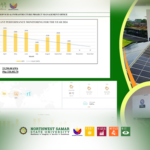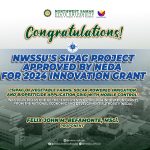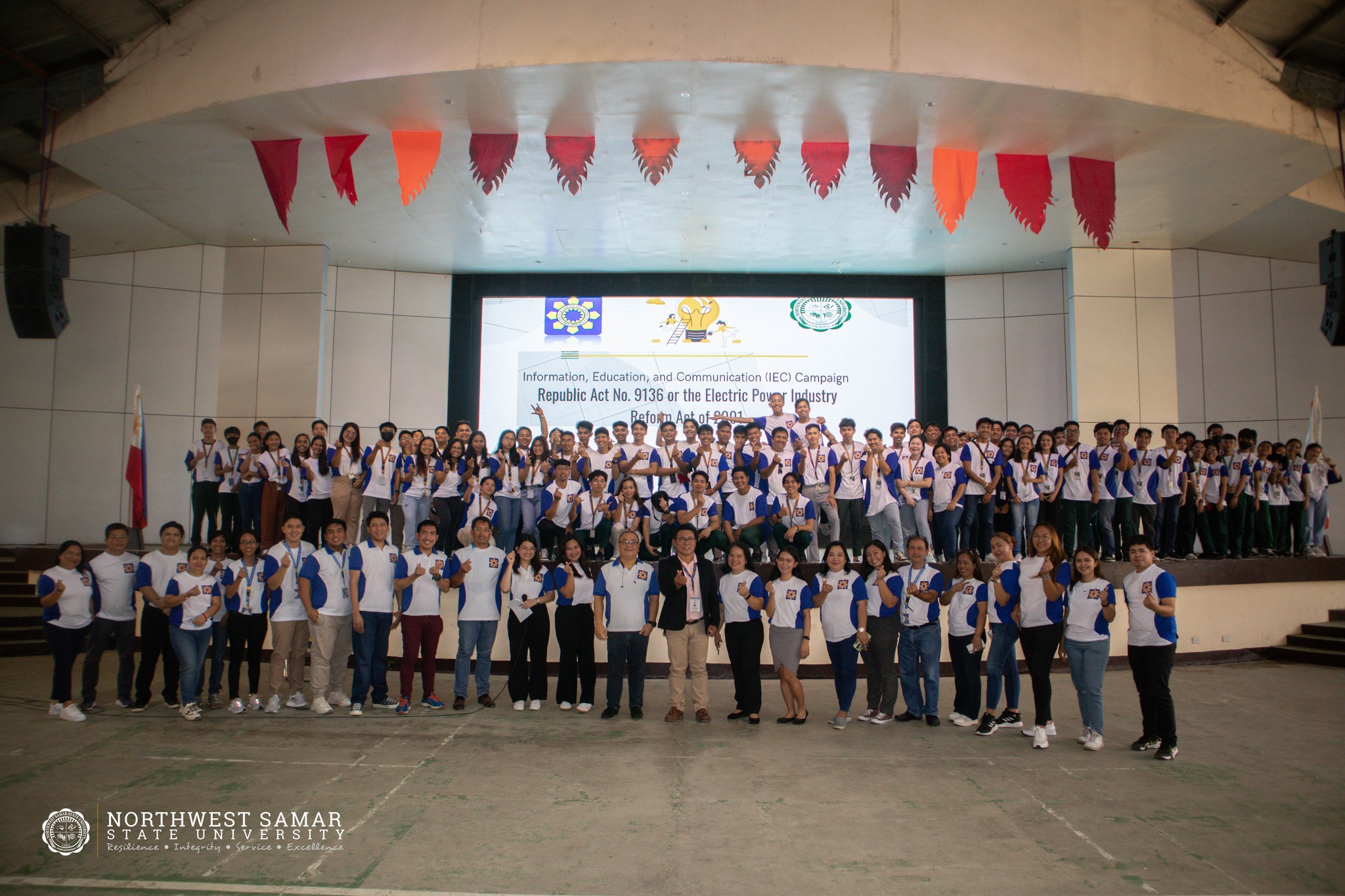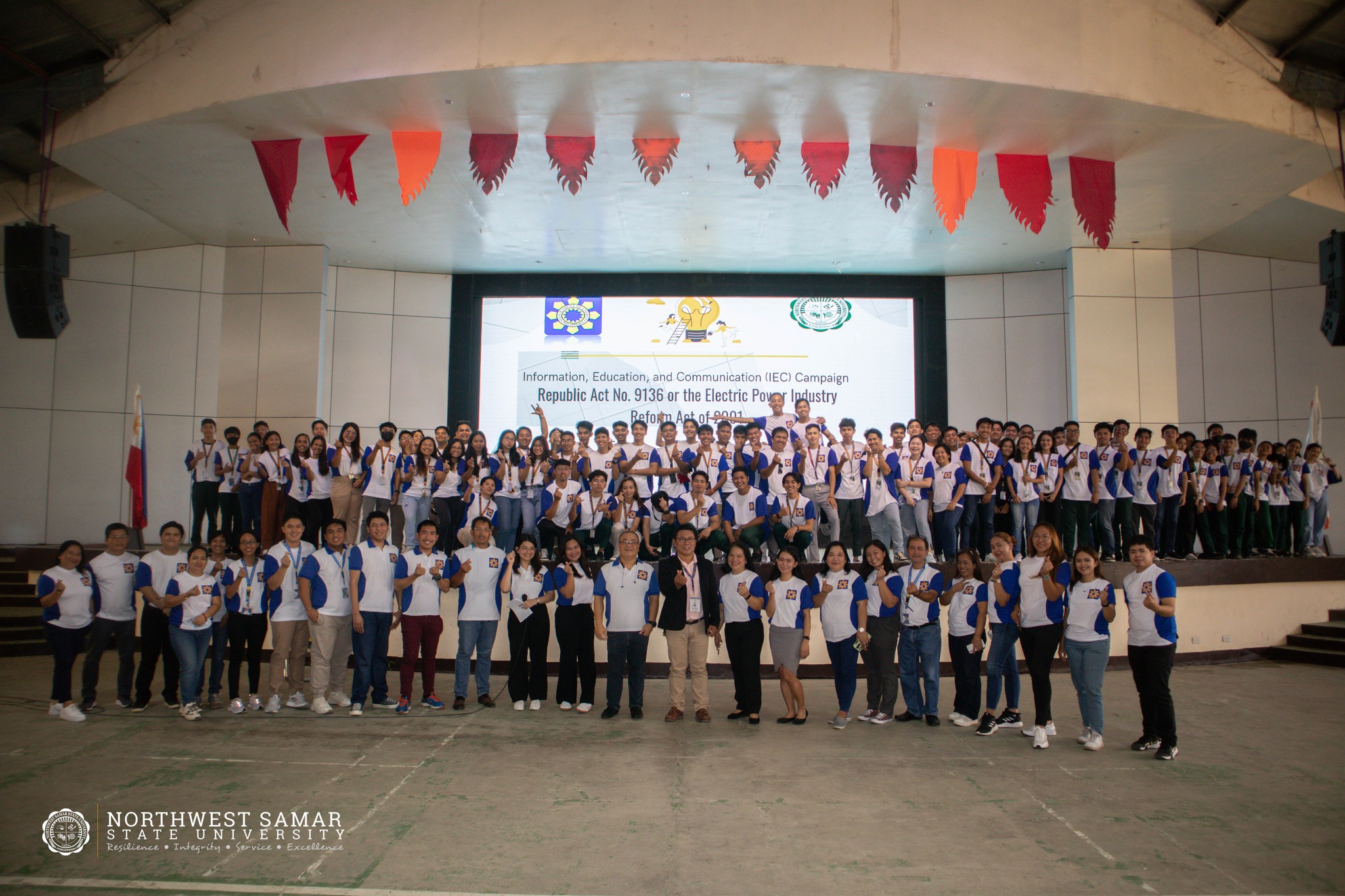Northwest Samar State University (NwSSU) is making waves in energy conservation and financial efficiency after successfully saving Php 320,402.70 on its electricity bill for 2024, which is directly attributed to the implementation of the Solar Energy Project. This achievement highlights the university’s commitment to implementing cost-saving measures and adopting sustainable energy practices. The savings were realized yearly following the installation of solar panels on the roof of the Administration Building, a key initiative spearheaded by the General Services and Infrastructure Project Management Office (GSIPMO) under the directorship of Engr. Marlon D. Sobreviga. This strategic move to harness solar energy has demonstrably reduced the university’s reliance on traditional electricity sources, resulting in substantial reductions in monthly utility expenses. “This three hundred twenty thousand pesos savings is a testament to the proactive and forward-thinking approach of the GSIPMO and the entire university administration,” stated Engr. Rhio C. Dimakiling, the Vice President for Administration and Finance. “The Solar Energy Project is not only a significant step towards reducing our operational costs but also aligns with our broader commitment to environmental sustainability and responsible resource management.” University President Dr. Benjamin Pecayo also commended the team’s efforts and reasserted NwSSU’s commitment to sustainability. “Our goal is to build a strong and sustainable institution that not only provides quality education but also contributes to the well-being of our community and the environment,” Dr. Pecayo said. “Initiatives like the Solar Energy Project are crucial in achieving this vision and ensuring the long-term growth and sustainability of our university.” The installation of the solar panels on the Administration Building represents a tangible outcome of the university’s cost-cutting program, which aims to identify and implement innovative solutions to optimize resource utilization. The GSIPMO played a crucial role in the planning, execution, and monitoring of the project, ensuring its successful completion and the realization of these significant financial benefits. The savings incurred in 2024 will be strategically reinvested into other crucial university programs and initiatives, further enhancing the quality of education and services offered to the students and the community. This successful implementation of the Solar Energy Project serves as a model for future sustainability initiatives within the university and potentially for other institutions in the region. NwSSU remains dedicated to exploring and adopting environmentally sound and economically viable solutions that contribute to its long-term growth and sustainability.








